Coronavirus: social media fuels mental crisis
A dramatic surge in social media use during the pandemic is fuelling the nation’s mental health crisis.
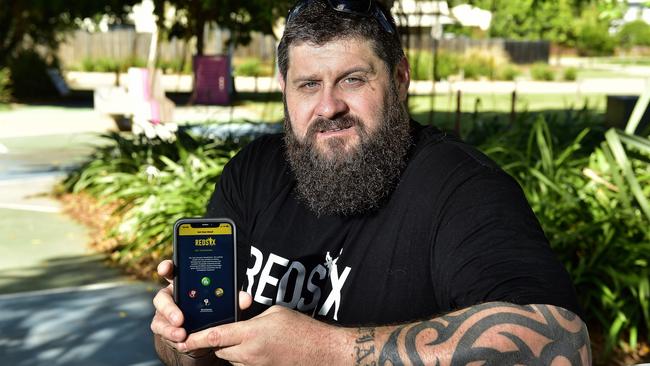
A dramatic surge in social media use during the pandemic is fuelling the nation’s mental health crisis, increasing calls for Facebook and Twitter to deal with false and misleading information.
Medical experts are confronting a growing number of people falling ill after relentlessly trawling social media for answers on the COVID-19 virus and the economic and social fallout.
The Morrison government has said it will hold the social media giants to account for false and misleading medical information posing risks to the community.
As many as 16 million Australians were active on Facebook in April, with the numbers climbing during the pandemic. Twitter says daily use climbed 24 per cent globally in the first quarter of this year.
Meanwhile, the internet has been swamped with wrong and misleading claims on the coronavirus that have included falsehoods that the 5G network was a transmitter of COVID-19 and that billionaire businessman Bill Gates was behind the pandemic.
Orygen executive director Patrick McGorry said people were being dragged into the crisis while seeking answers, with social media a significant issue for many. The “deluge” of information went beyond social media, leaving people anxious about their futures. “People are just being drawn into the bad news and the fear,’’ Professor McGorry told The Weekend Australian. “And you can’t get away from the anxiety-provoking stress, can you?’’
In the US, the terms “doomsurfing’’ and “doomscrolling’’ have been coined to describe people spending hours each day during the pandemic fixated with developments on the virus, the global economy and protests.
Social media analysts say the use of various platforms has soared during the pandemic, in part because people are isolated at home and looking for answers.
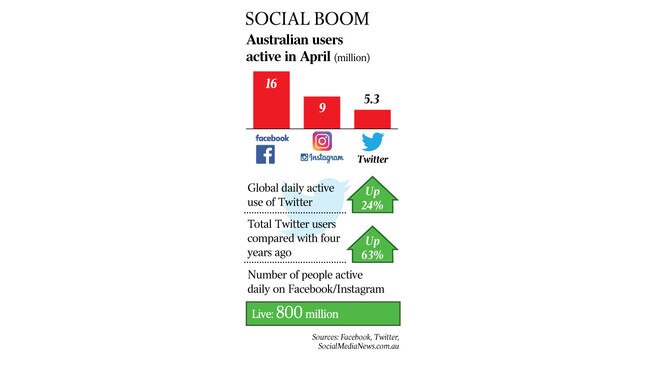
There are more than 200 Australian COVID-19 Facebook groups, with more than 400,000 members, and anecdotally there are concerns rising unemployment and mental health problems will make social media more toxic.
Leading psychologist Michael Carr-Gregg said the downside of social media during lockdown was a growth in dependence on the information, some of which was wildly inaccurate. This included the 5G conspiracy and claims that Mr Gates was responsible for the pandemic. “Isolation is terrible for people with mental health problems,’’ Dr Carr-Gregg said. “The professionals are telling us it will get worse.’’
Health Minister Greg Hunt is concerned about the potential for harms caused by the unprecedented shift to social media, acknowledging that it also enabled lonely people to connect.
“The minister is committed to holding all providers to account when it comes to the accuracy of medical information published on their respective platforms, and ensuring they vigilantly deal with inaccurate or misleading information that poses a risk to their users,’’ his office said.
The Department of Health is working with Twitter and Facebook to mitigate the spread of misinformation, with Mr Hunt’s office saying both major platforms had added a COVID-19 information centre directing users to the latest credible news and information.
Alexandra Wake, manager of journalism at RMIT, said the problem of misinformation had been so severe during the pandemic that the World Health Organisation was using the term “infodemic’’.
“There has been so much information around COVID-19 that it was actually causing a health problem,’’ Dr Wake said, “because real and authoritative reporting was being absolutely overwhelmed by misinformation.’’
A Facebook spokeswoman said: “During the pandemic, we’re prioritising keeping our community safe and connected by making sure they see the latest accurate information from credible health organisations, facilitating the growth of online communities and partnering with local charities to create resources to protect the wellbeing of our users.’’
It says it has committed to investigating posts that could make people sick or not get treatment.
Twitter did not comment on mental health issues and the platform. But it has reviewed some policies during the pandemic, including dealing with unverified claims that could cause widespread panic or social unrest.


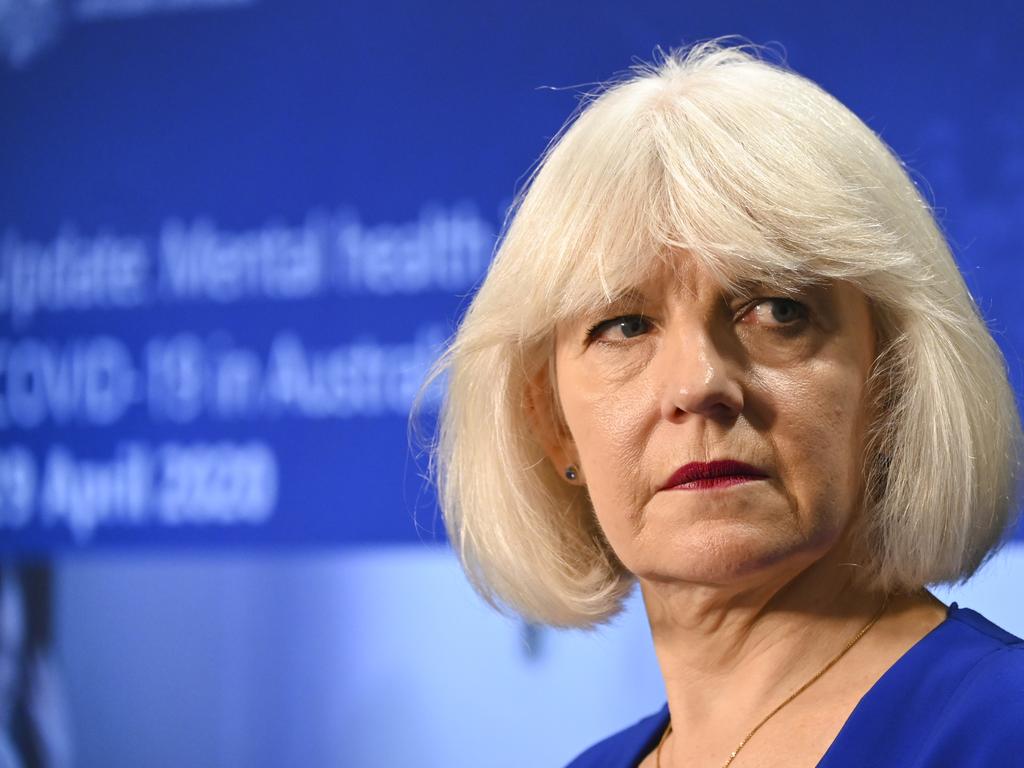
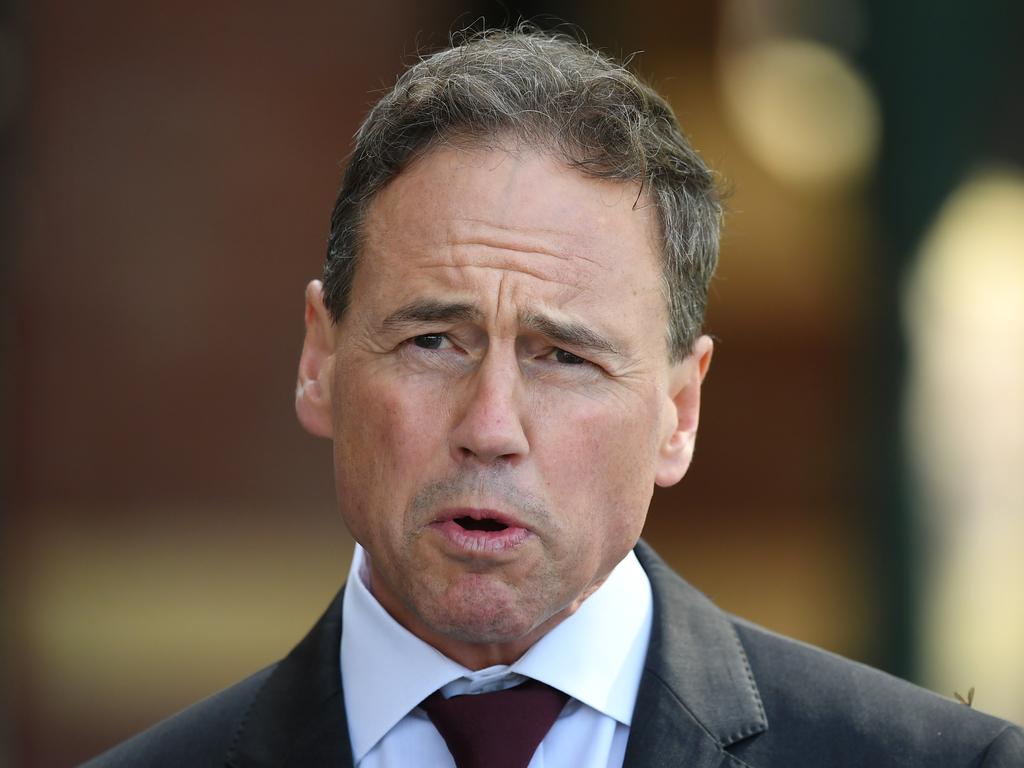
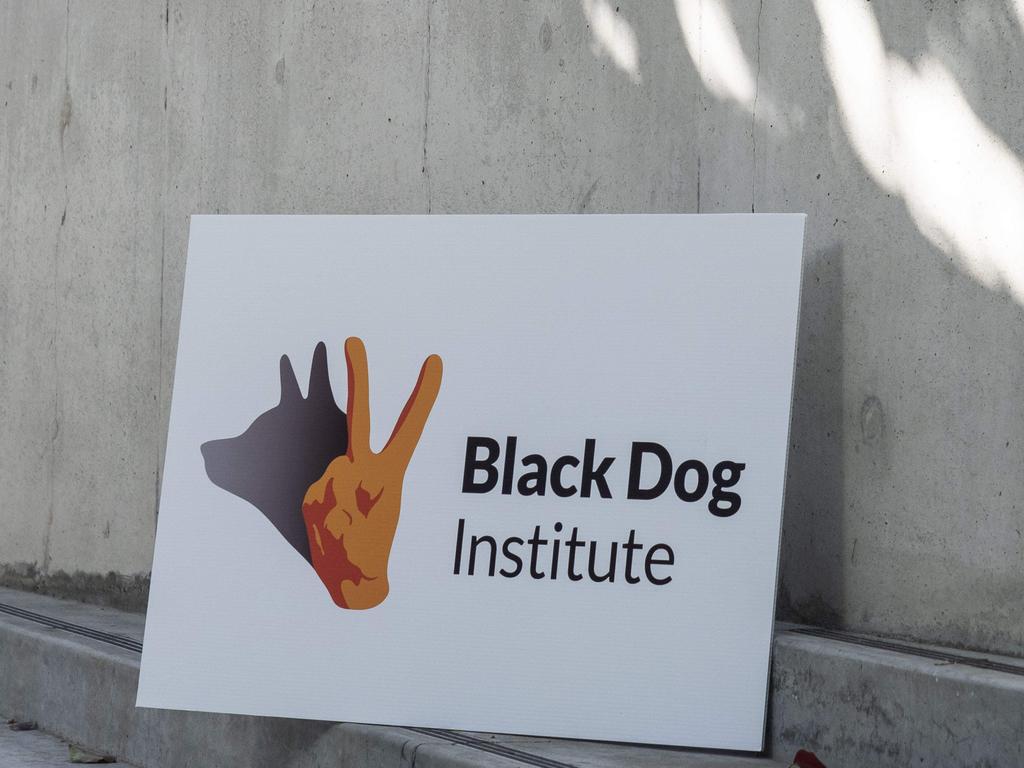

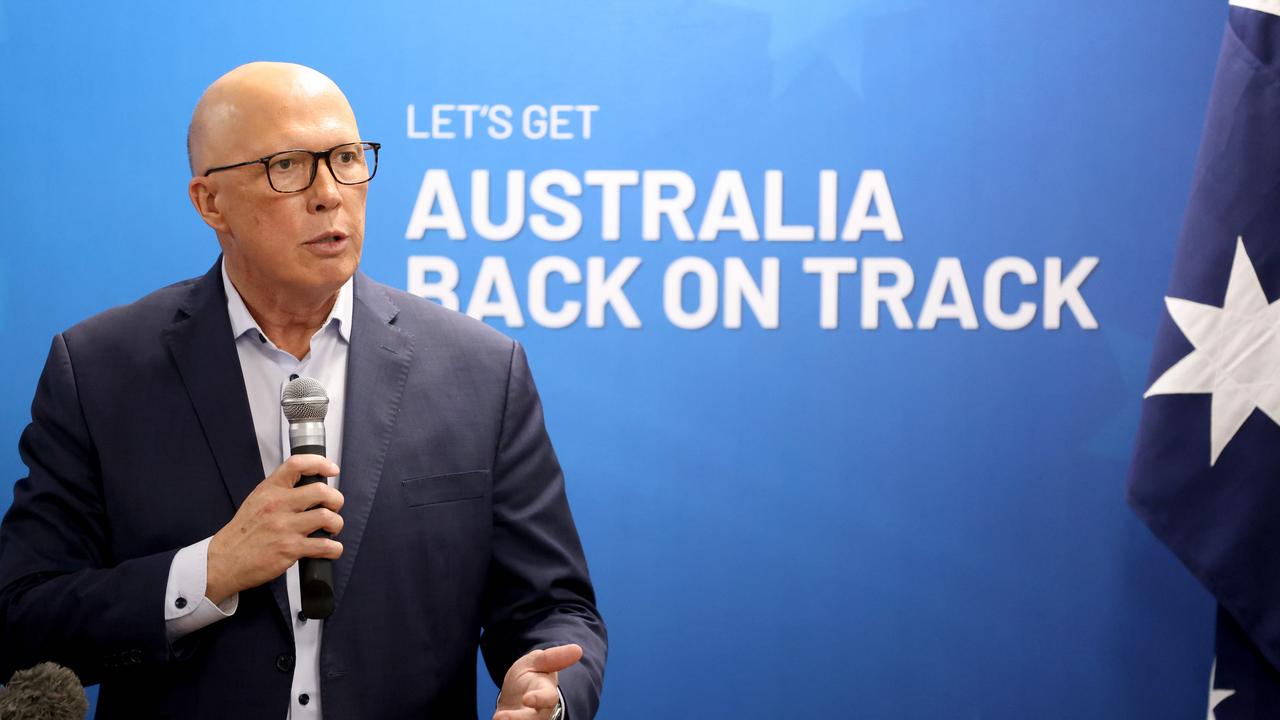
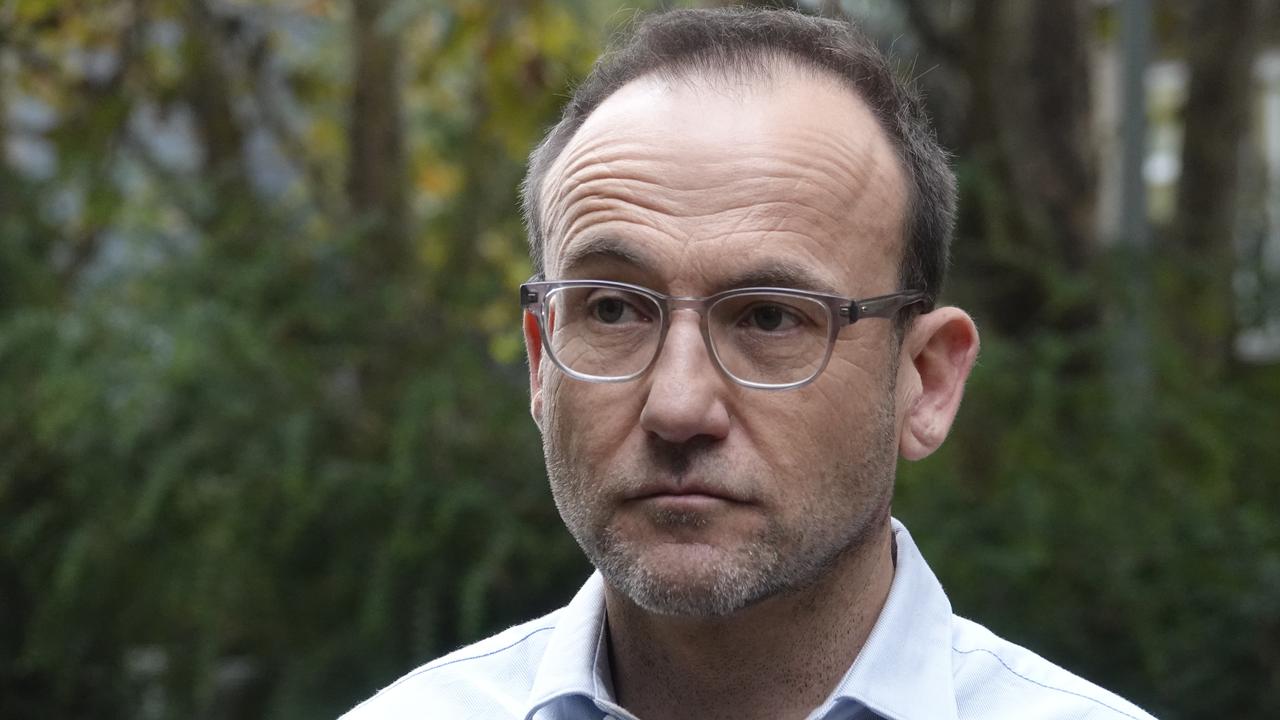
To join the conversation, please log in. Don't have an account? Register
Join the conversation, you are commenting as Logout